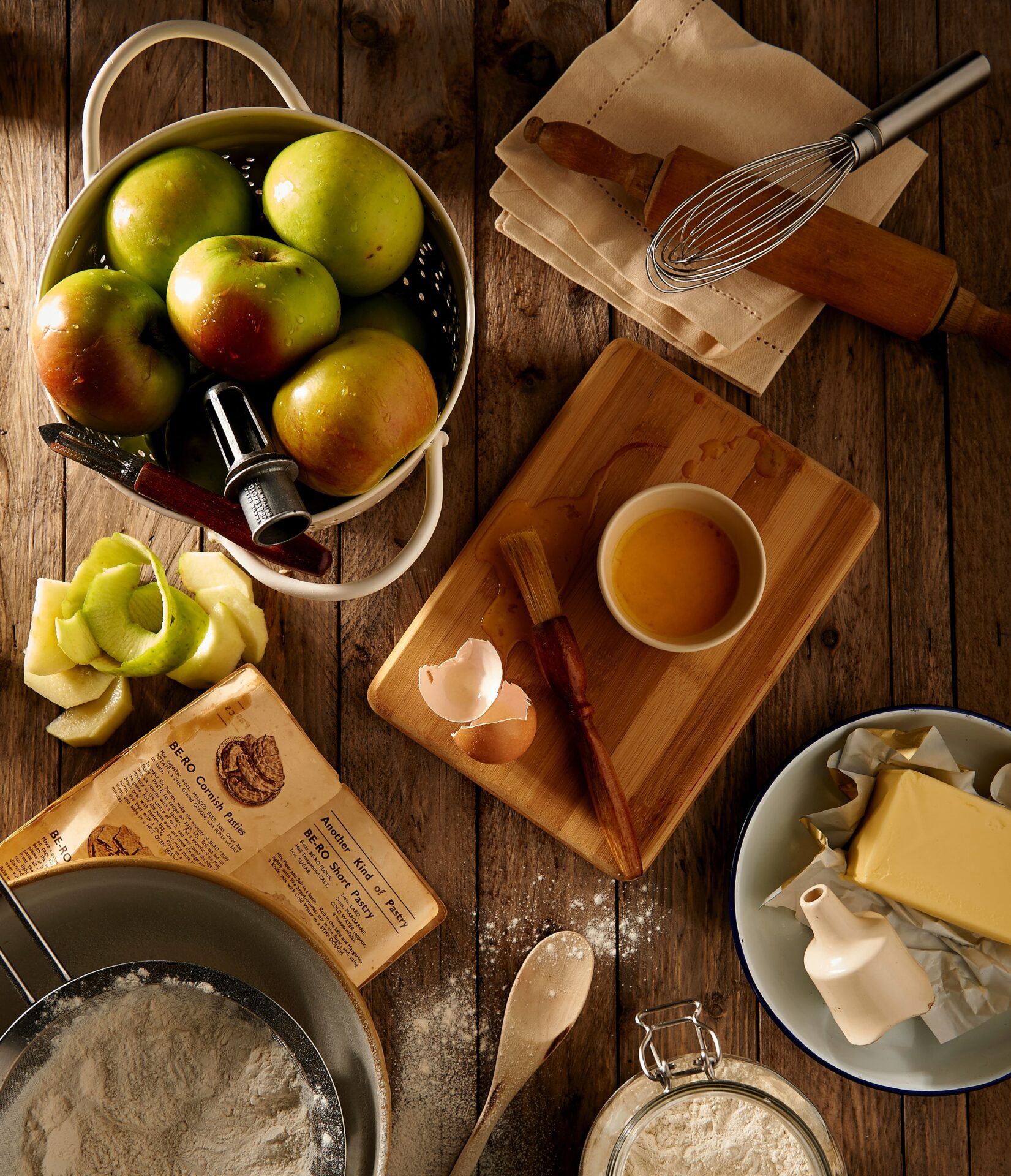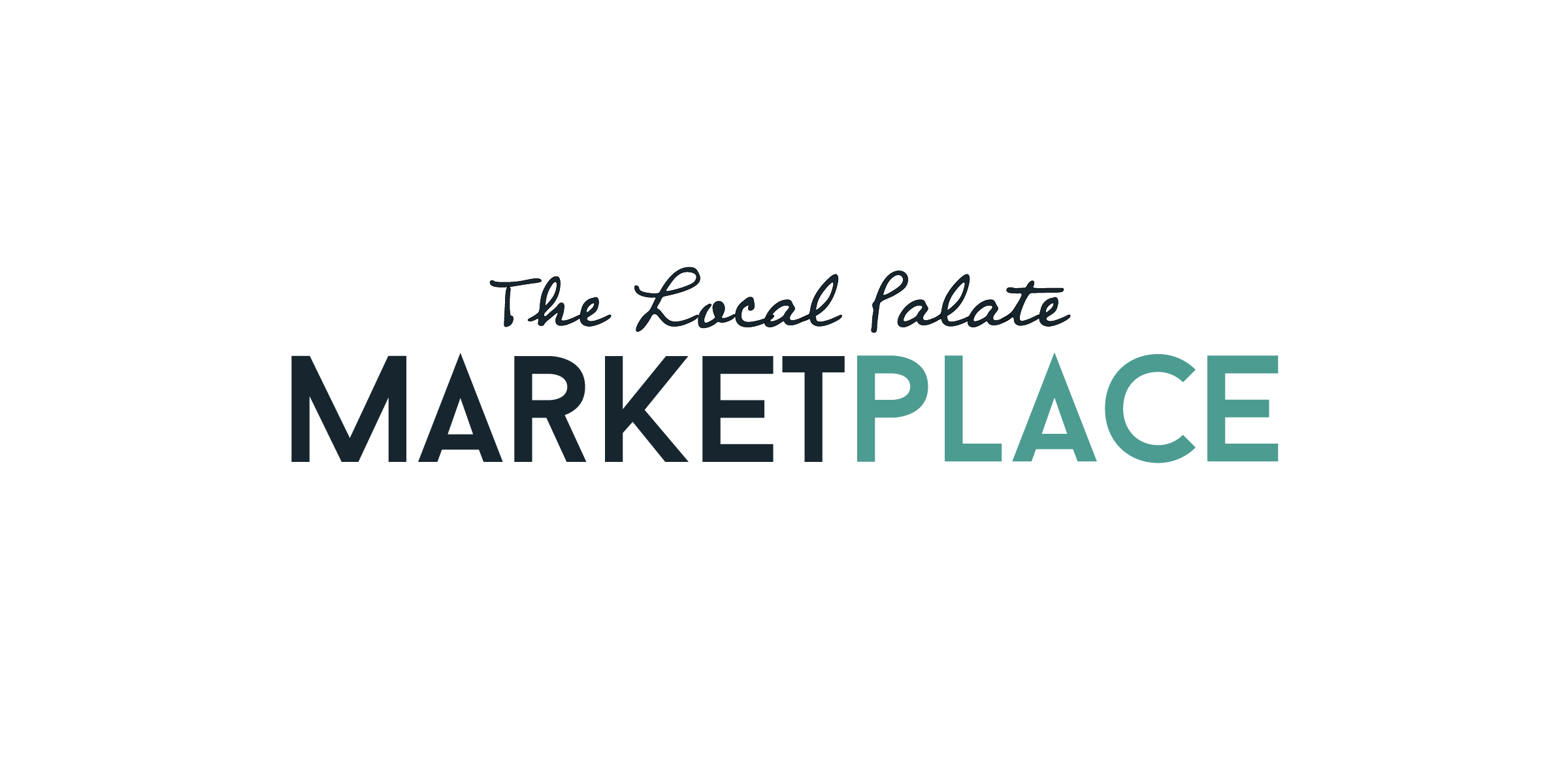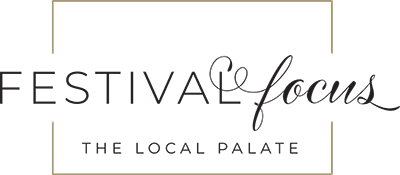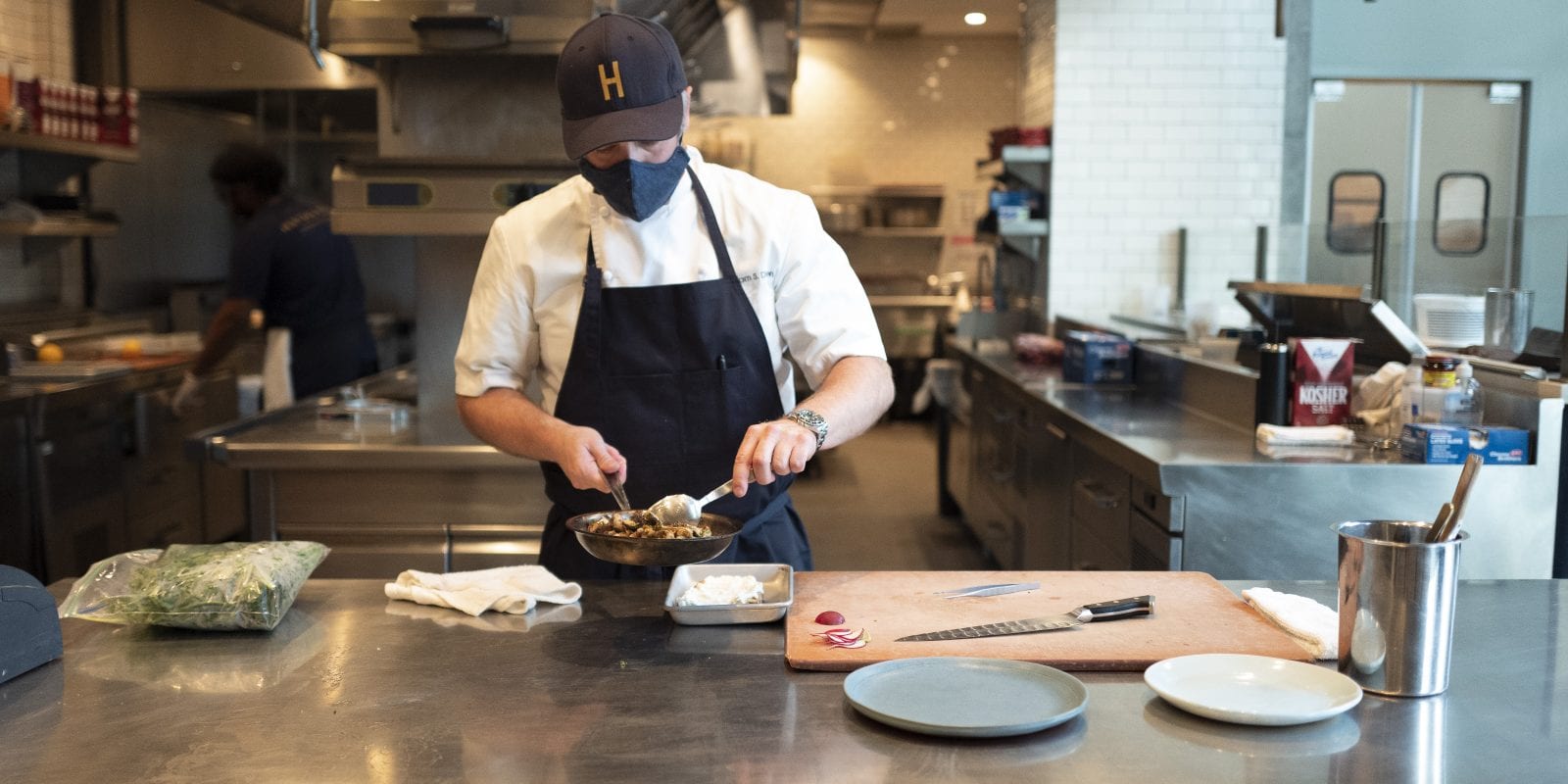Resetting the Table:
Creaking Open the Doors
The path forward for restaurants and bars around the South, indeed across the country, has been anything but linear during the COVID-19 pandemic. After enduring months of government-mandated closures and periods of limping along while depending on carryout or delivery models, many restaurants were finally granted a bit of a reprieve as states allowed them to reopen their dining rooms at limited capacity.
The results of these developments have been spotty, and with little true guidance from government or health authorities, restaurateurs have been forced to figure many things out on the fly. Balancing the need for revenue with the safety of their staff and patrons has added another layer of stress to the industry, not to mention the desire to offer the sort of hospitality that is at the core of each restaurateur’s very being. We talked to four chef-owners from Tennessee, North Carolina, Georgia, and Kentucky to see how they are handling the transition back to in-house dining, from how their businesses are living up to projections and what they wish they knew in March that they do now, to their benchmarks for getting back to “normal.” Here are their stories:
William Dissen
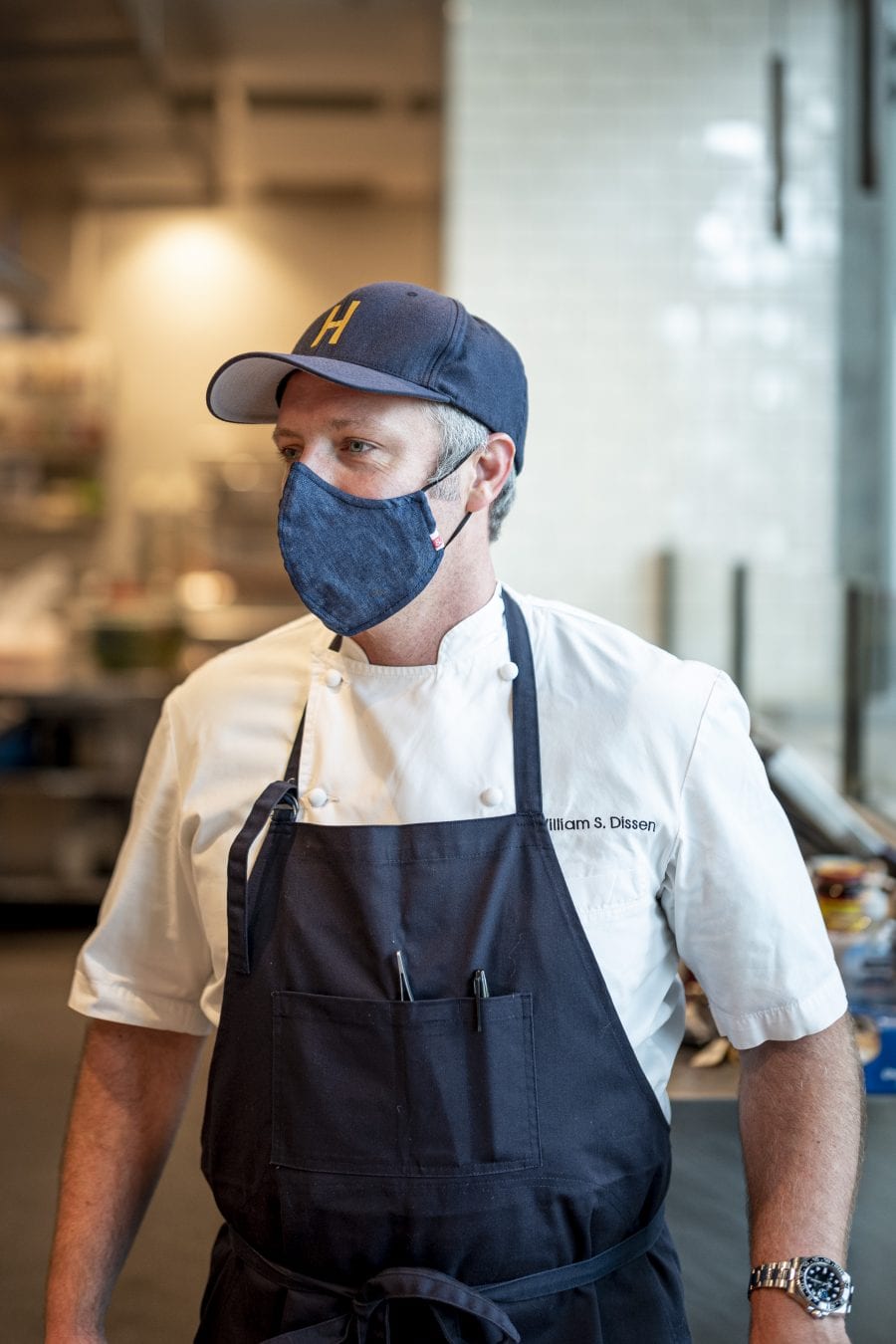
Chef William Dissen runs his own small restaurant empire spread across three different cities in North Carolina. His flagship The Market Place Restaurant and Lounge has been an Asheville fixture since 1979, and his downtown Charlotte venture Haymaker burst on the scene in 2018 to great acclaim. His third eatery is a casual concept named Billy D’s Fried Chicken, a fun little sandwich shop dining option at the North Carolina Zoo in Asheboro. Reopening three restaurants spread out over that wide geography has not been an easy proposition. “It’s been pretty insane trying to manage all three,” Dissen admits. “I’ve had to take a lot of deep cleansing breaths. Market Place had been humming along, and Haymaker was 2 ½ years old and doing great. We were just finding a sense of stability when we suddenly went from having our best year ever to the worst.”
Ironically, Dissen had recently finally paid off The Market Place when the pandemic dealt him such a serious blow. He explains, “It’s nerve wracking. In the restaurant business, you can make a profit if you can alleviate your debt, and we had finally just done that after 41 years. Now, you look at the amount of new debt you’re taking on and wonder how long it will take to get back again while you’re burning, more like hemorrhaging, money. We just need to be fluid and agile on a regular basis.”
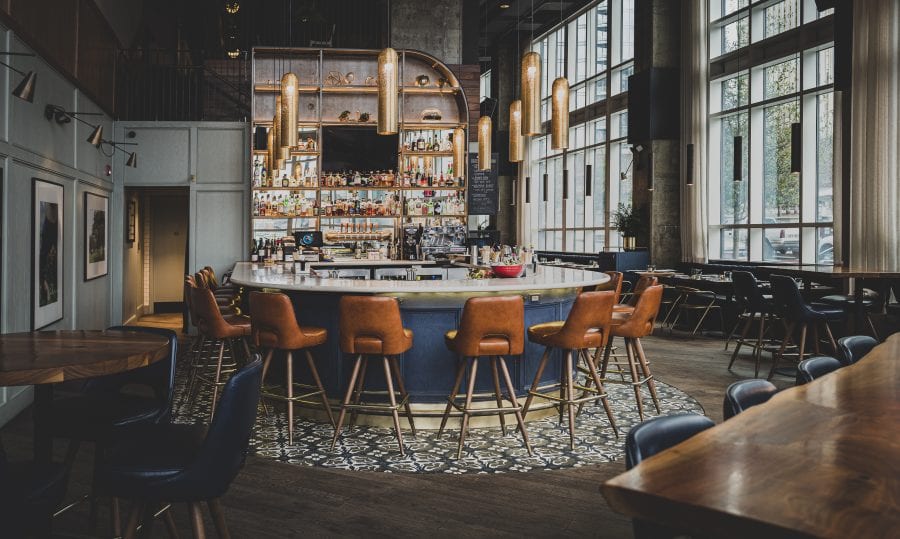
Dissen recognizes that the restaurant business is feeling the pinch worse than many other industries. “You tell other people about what it’s like in the restaurant world, and their jaws just drop,” he shares. “I hope that this opens people’s eyes to what the restaurant industry is like and allows us to make some changes in the years to come. You have to think about ‘What’s our world like without restaurants?’ I go back to my Appalachian mentality and wonder how many people would be able to grow their own food or ferment or preserve it or hunt and fish for what they eat. I hope that this all leads to more thoughtful eaters. It’s been good to get people to slow down a little bit, including me. I built myself a garden; I used to love to garden before we had children, but we’ve spent more time keeping kids alive instead of plants,” he says with a chuckle.
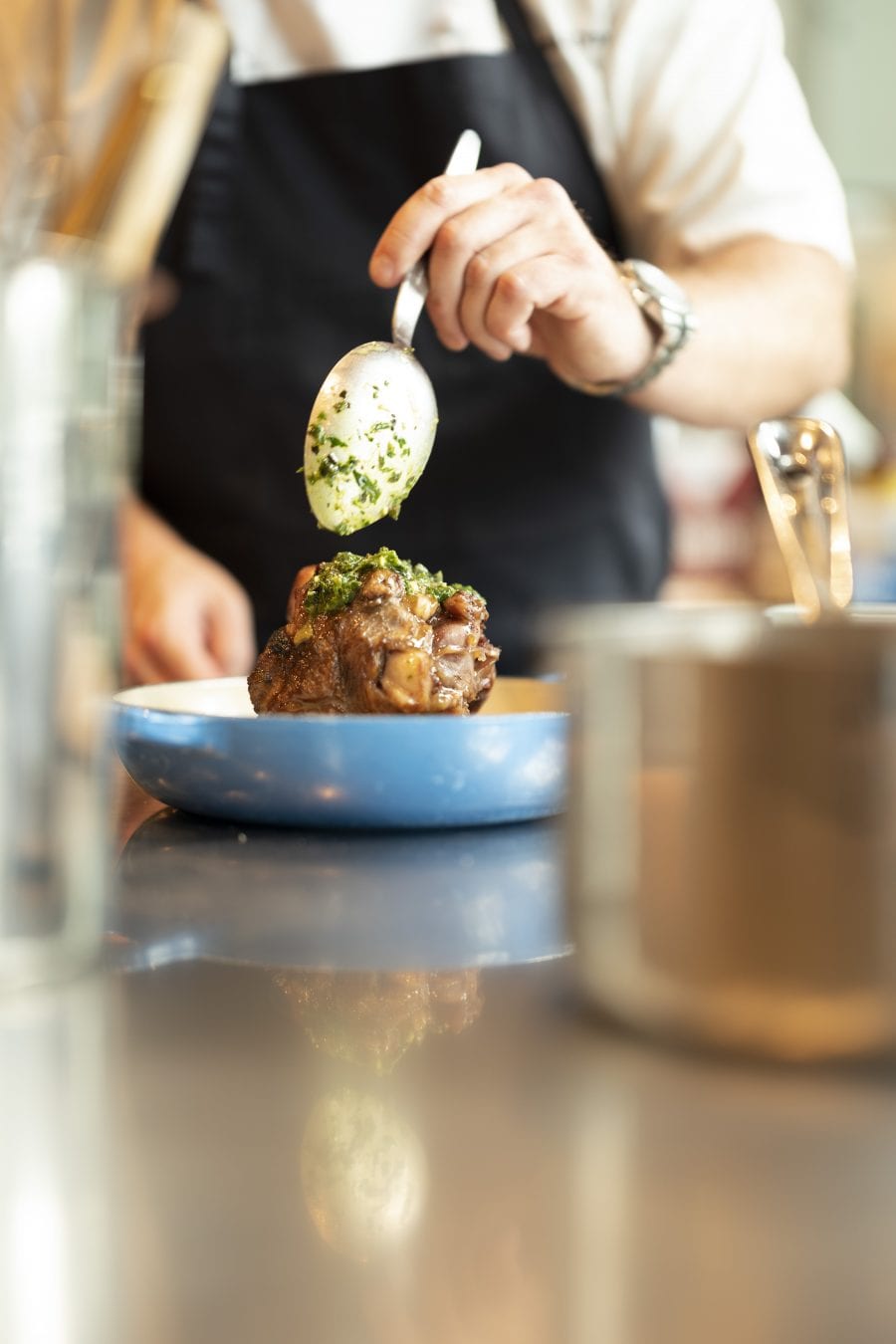
Since The Market Place is located in downtown Asheville, it was not well-suited to carryout. “We aren’t in a neighborhood surrounded by residents. The closest housing complex is a couple of miles away, so we didn’t open up for takeout until a couple of weeks ago,” Dissen explains. “It’s gone OK with takeout, but we really want to stay true to our brand, to who we are. We’re selling a lot of burgers, and I happen to think we make a damned fine burger, but people come here to taste the season.”
Still, the chef recognizes that he’s filling an important need in each of the communities he operates in. “Dining out is a privilege and a luxury, and we’re making a serious effort to protect our guests and our staff. Folks should also make an effort to protect us. Now that we’ve reopened the dining rooms, people are excited to be out again, and we’re more than just a place to feed people. We’re a safe haven to reset your place and time in the world. The world needs us!” avers Dissen.
He asks his patrons for patience, saying, “I want to instill the attitude that if it takes 40 minutes to get your meal right now, we’re sorry. We’re trying to manage a hundred things a day. We’re trying to go above and beyond for safety, and there are a lot of things I can control, but I can’t control the Coronavirus! We’re following the rules and regulations and trying to go beyond what is suggested by the CDC. We want to be a leader in our industry. Fortunately, Asheville is a beautiful place to be outside and socially distant.”
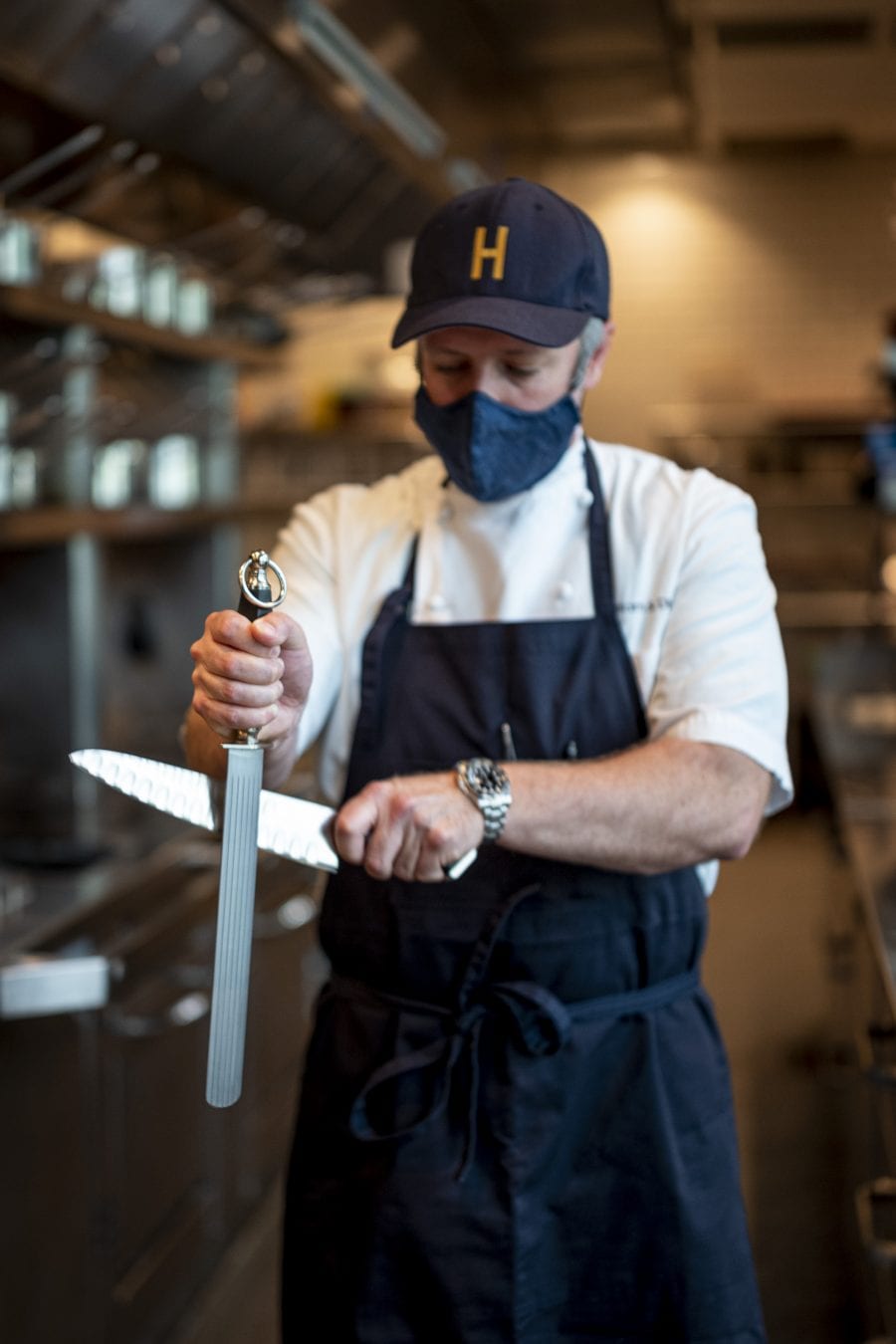
When asked when he would consider his business to be back to normal, Dissen responds, “I’m not a molecular biologist or a physician or an economist, but I’m looking at when we’ll get a vaccine or a better sense of peoples’ resilience. I’m just doing my best to keep my family and my teams happy and healthy.”
This constantly-changing climate hasn’t necessarily been a great fit with Dissen’s preferred method of operations: “I like to look to the future. I’m a planner, but how can you make contingencies while you’re drinking from this firehose of information and feeling your face melt off every day? My brain wants to turn off at 2:30, but it’s been a great feeling to focus on cooking. We’ll be resilient. Our grandparents all canned, preserved and pickled their food and made their own clothes. Americans are tough, and it’s our job to keep our heads up. Maybe when this is all over, we’ll have another Roaring 20’s!”
Resetting the Table: Creaking Open the Doors

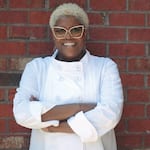
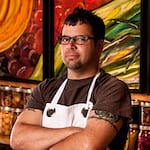
share
trending content
-
FINAL Vote for Your Favorite 2025 Southern Culinary Town
-
Get To Know Roanoke, Virginia
-
Shrimp and Grits: A History
by Erin Byers Murray -
New Myrtle Beach Restaurants Making Waves
-
FINAL VOTING for Your Favorite Southern Culinary Town
More From In the Field
-
The Chef and the Farmer
-
Going With the Grain
-
Off the Beaten Path in South Carolina
-
One Night at Duck Camp
-
Curating Joy at COLA


